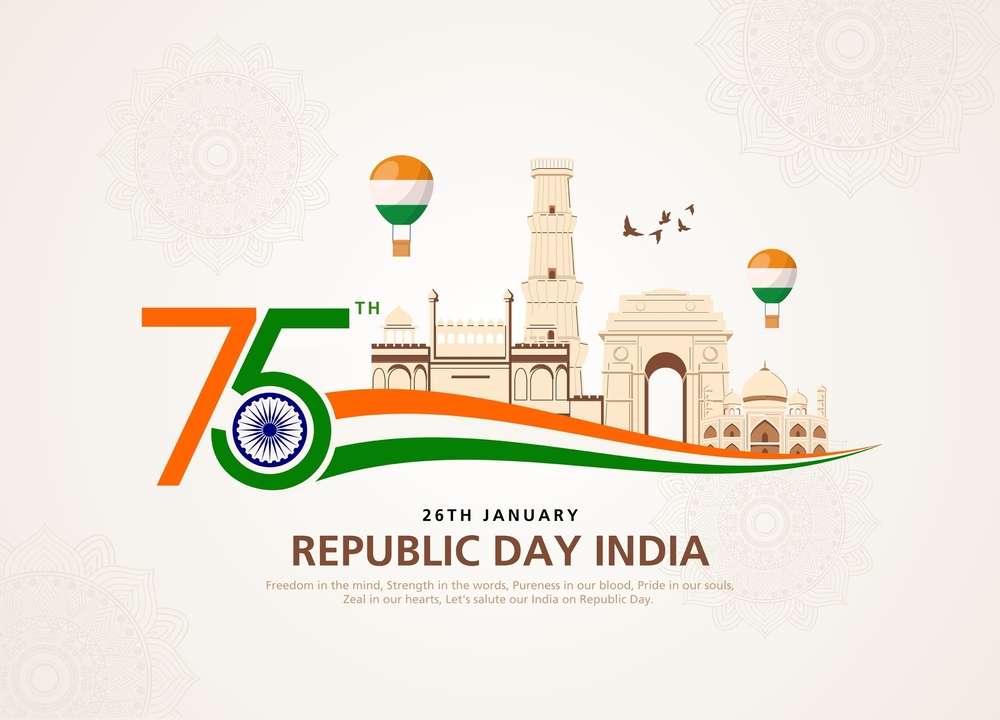India’s rich tapestry of culture, history, and natural beauty beckons travelers from around the globe. Whether you’re exploring ancient temples, trekking through the Himalayas, or indulging in spicy street food, there’s always something new to discover. However, sometimes your initial visa may not provide enough time to fully immerse yourself in all that India has to offer. In such cases, understanding the process of visa extensions and renewals becomes essential. This comprehensive guide will walk you through the steps to extend or renew your visa, ensuring you can prolong your stay and continue your Indian adventure.
Understanding Visa Expiry Dates
Before diving into the extension or renewal process, it’s crucial to understand the expiration date of your current visa. Overstaying your visa validity period can result in fines, deportation, or future travel restrictions. Typically, Indian visas have specific validity periods ranging from a few weeks to several years, depending on the visa type and your nationality.
INDIAN VISA FOR UNITED STATES CITIZENS
Eligibility for Visa Extensions
Not all visa types are eligible for extensions, and the criteria for extension may vary depending on the visa category. Generally, tourist visas and certain other short-term visas may be extended under specific circumstances, such as medical emergencies, unexpected delays, or other compelling reasons. It’s essential to review the terms and conditions of your visa to determine if you’re eligible for an extension.
Applying for a Visa Extension
If you meet the eligibility criteria for a visa extension, you must apply to the relevant authorities before your current visa expires. The process typically involves:
- Completing the required application form for visa extension.
- Providing supporting documents to justify the need for extension, such as medical certificates, travel itineraries, or proof of sufficient funds.
- Paying the applicable fees for the extension.
Processing Time and Approval
Once you’ve submitted your visa extension application, the processing time can vary depending on the workload at the immigration office and the complexity of your case. It’s advisable to apply for an extension well in advance of your visa expiry date to avoid any potential complications. Upon approval, you’ll receive a new visa with an extended validity period, allowing you to continue your stay in India.
Visa Renewals
In some cases, visa extensions may not be possible or may not provide sufficient additional time for your stay. In such situations, you may need to consider applying for a visa renewal. Visa renewals involve obtaining a new visa with a fresh validity period, essentially replacing your expiring visa.
Types of Visa Renewals:
There are different pathways for visa renewals in India, depending on your current visa type and circumstances:
Tourist Visa Renewal: If you’re in India on a tourist visa and wish to extend your stay beyond the initial validity period, you may need to exit the country and apply for a new tourist visa from a consulate or embassy abroad. This process allows you to re-enter India with a fresh visa and extended stay duration.
Visa Conversion: In some cases, you may be eligible to convert your current visa type into another category that offers a longer validity period. For example, if you’re in India on a short-term business visa but need to stay longer for work purposes, you may apply to convert your visa to an employment visa.
Long-Term Visa Renewal: For individuals holding long-term visas such as employment visas, the renewal process typically involves applying for visa extensions along with updated employment documents and other relevant paperwork.
Document Requirements:
Regardless of the type of visa renewal, you’re applying for, you’ll need to provide certain documents to support your application. Common requirements may include:
- Passport with remaining validity.
- Recent passport-sized photographs.
- Completed visa application form.
- Proof of accommodation or residential address in India.
- Updated employment or sponsorship documents (if applicable).
- Proof of financial means to support your stay in India.
- Any additional documents specified by the immigration authorities.
Compliance with Immigration Regulations
Throughout the visa extension or renewal process, it’s essential to adhere to all immigration regulations and requirements set forth by the Indian government. Failure to comply with these regulations can result in delays, denials, or legal consequences. It’s advisable to seek guidance from reputable immigration consultants or legal experts to ensure you navigate the process smoothly and avoid any pitfalls.
Plan Ahead
Planning is key when considering visa extensions or renewals in India. Start assessing your visa status well before the expiration date to allow sufficient time for processing and potential unforeseen circumstances. If you anticipate the need for an extension or renewal, initiate the process early to avoid last-minute stress or complications.
Seek Professional Assistance
Navigating the complexities of visa extensions and renewals can be daunting, especially in a foreign country. If you’re unsure about the process or encounter any challenges along the way, consider seeking assistance from reputable immigration consultants or legal experts specializing in Indian visa matters. Their expertise can help streamline the process and ensure a successful outcome.
Conclusion
Extending or renewing your visa in India allows you to prolong your stay and continue exploring this captivating country at your own pace. By understanding the process, gathering the necessary documents, and planning ahead, you can navigate the visa extension or renewal process with confidence. Whether you’re soaking in the sights of bustling cities, meditating in tranquil ashrams, or savoring aromatic spices, your extended stay in India promises to be an unforgettable journey of discovery and adventure.
Read more: The Ultimate Visa Checklist: Essentials for Your Indian Travel






